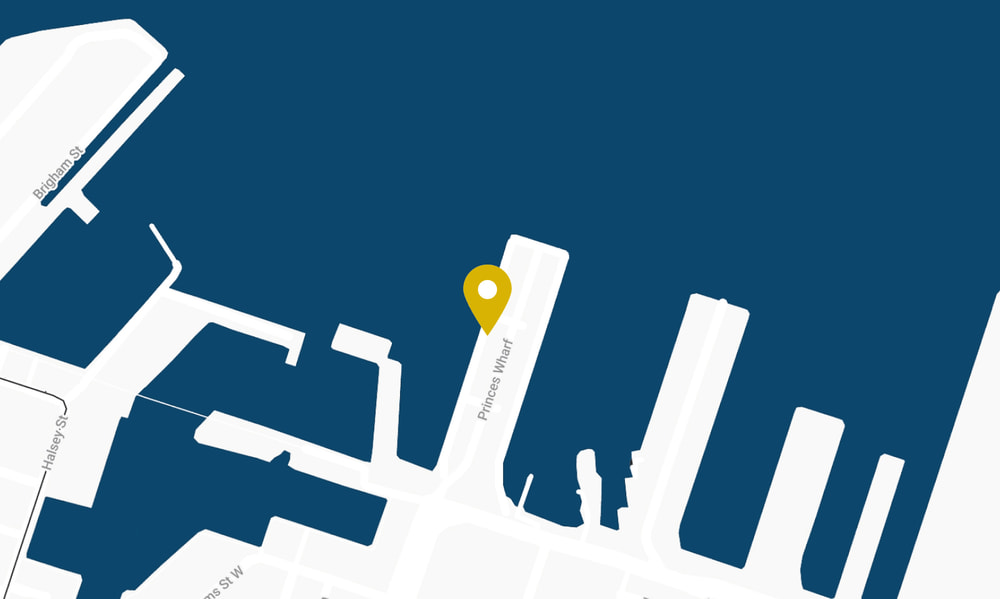Scientific research suggests that the effects of catching COVID 19 can vary from person to person irrespective of vaccination status. With the Omicron variant, symptoms can vary from mild to severe, and science is yet to determine why some experience Long Covid whereas others do not. For an athlete, catching COVID can have extended impacts as recovery times and long-term symptoms can impact a season or possibly an athletic career. Seeing teammates return to training quicker than you, may negatively impact an athlete’s mental health and impede recovery. Navigating the path to recovery therefore takes on greater importance for an athlete to ensure the least disruption possible to training.
Our mental state affects our physical state
Athletes have long known that a premature return to training after an illness or injury can often impede recovery time. Yes despite this knowledge, many athletes will push their bodies to return when the body is not ready. In this situation, the athlete is using their logical mind to convince the body it is ready when it is not. This creates conflict between the mind and body, and healing is prolonged.
The mind is therefore a very powerful agent in the healing process, and research suggests that it has a significant impact on the rate at which the body will recover. The body will have its own processes for healing (aided by medicine where appropriate), and the mind’s job is to allow those processes to take their natural course, without putting up resistance.
The four stages of recovery
An athlete will go through four mental stages of recovery before the body can heal. Athletes may recognise these steps when pointed out to them, but more often they go unnoticed in the moment.
The first stage is denial. The athlete will try to convince themself that they are ok or the illness is not serious. Sometimes the athlete will try to continue training during this stage. However, reality will soon hit, perhaps when with the results of a Rapid Antigen Test or the worsening of symptoms. The athlete then moves to the second stage which is anger. This could manifest as anger at the virus / illness, the person from whom they contracted the virus, or simply the situation in which they find themselves. Panic may ensure which intensifies the pain anguish felt by the athlete.
The next stage is bargaining with the virus. This may involve the athlete setting their own time frames for recovery or promising not to do something again if they recover. The purpose of bargaining is to help the anguish subside. However, it rarely achieves this because viruses or other illness are not open to bargaining – they work by their own rules. When that reality hits, and the self-determined time frame for recovery expires without improvement, the next stage starts: depression. Eventually, there is the realisation that nothing can be done and the virus will have its way, and eventually the athlete can transition to the final stage: acceptance. It is at this stage that the body is freed up to heal properly.
Getting to acceptance
The four stages of recovery are not necessarily linear, and the athlete may shuttle between stages or get stuck in one. When an athlete is sick or injured, getting to acceptance can prove tricky. Pressure brought to bear by imminent competition, or by the athlete’s coach, or by seeing teammates with less severe symptoms returning quicker, can cause an athlete to disregard what their body is telling them and get stuck in one of the stages. This is where an Athlete Life Coach can play a valuable role. First by helping the athlete understand which stage of the recovery process they are in, and then guiding the athlete through the various stages of recovery without getting stuck. The Athlete Life Coach can help the athlete develop their own personal tools for navigating the recovery process, succumbing any obstacles along the way and reducing any mental anguish that may be suffered so the body can heal quicker. Every road to recovery is unique and everyone’s journey will be different.
Book a no obligation coaching session

